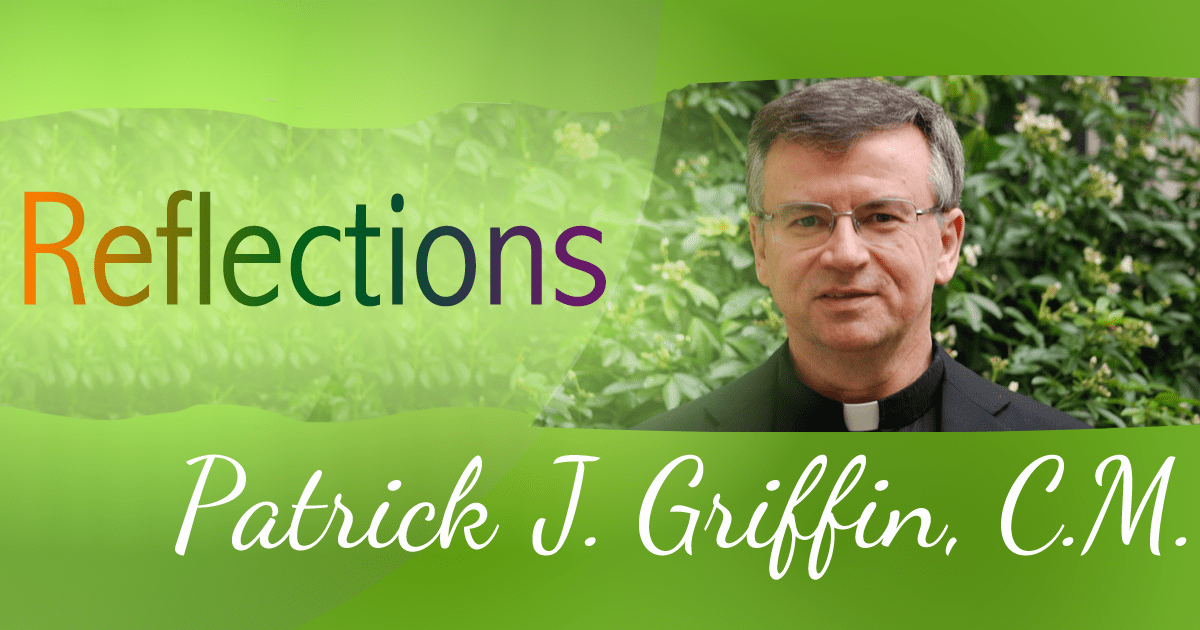Scholars tell us that fully one-third of the teaching of Jesus in the Gospels comes to us through parables. A well-known description of a parable proposes:
“At its simplest, a parable is a metaphor or simile drawn from nature or common life, arresting the hearer by its vividness or strangeness, and leaving the mind in sufficient doubt about its precise application to tease it into active thought.” C. H. Dodd (Parables):
In other words, Jesus intends these short graphic tales to make us think. I like that idea and explanation. Like all of us, I enjoy stories, colorful images, and the encouragement to engage. Most of all, I appreciate the opportunity to learn by trying to look at something in the way that the Lord does—always with the hope that that will become my natural way of seeing things.
A parable from this past Sunday captures my attention. Just as Jesus explained the meaning of the Sower and the Seed (last week), and just as he will do for next Sunday’s parable of the net thrown into the sea, so he unpacks this story of the Weeds and the Wheat. Listen again to how the story begins:
“The kingdom of heaven may be likened to a man who sowed good seed in his field. While everyone was asleep his enemy came and sowed weeds all through the wheat. . . .”
Later, Jesus points to the meaning of this story as reflecting the way in which good and evil exist together in our world. It will remain so until the end time when the separation will take place. At the conclusion of the passage, we receive a warning: “Whoever has ears ought to hear.” I, too, receive that summons: Am I listening?
Among the lessons of this parable are our freedom and the meaning of our lives. How we choose to live matters! That seems obvious. The decisions that we make on whom we serve and what we value are important—we can be wheat or weeds. The “good seed” nourishes others. The “bad seed” is useless and offers no life.
Yet, I hear the parable allowing for conversion. The angels will not gather the weeds and wheat for storing or burning till the end. Can the weeds become wheat or even the wheat become weeds? History tells us wondrous stories of repentance and conversion. (Do not the lives of Vincent and Louise suggest these elements?) However, the past also holds tales of forgetfulness and complacency. We need to continue to trust in God’s grace and to respond to the call for fidelity from start to finish.
Do you think of that as a threat? It is not. The promise of Jesus beckons us: “Live well, take care of each other, love God, and plan to come to heaven to be with me.” We have ears, let us attend to that call! It is a life-long task.






0 Comments